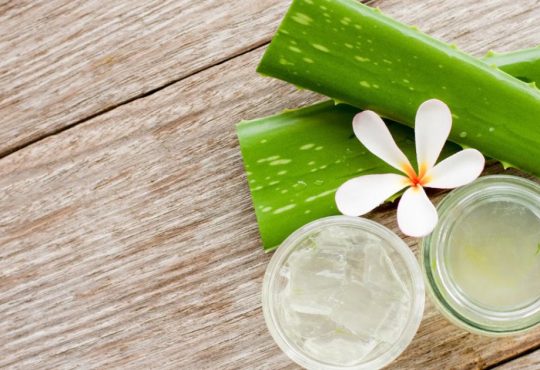
Today’s era natural treatment from plants are gaining popularity because of their advantages, better patient tolerance, and being less expensive. Moreover, herbal treatments provide rational means for the treatments of many diseases that are incurable and obstinate in other systems of medicines.
Eczema is also called atopic dermatitis, is an autoimmune condition. It is caused by a problem with the immune system. Home remedies and natural treatments for eczema can relieve the itching, dry skin that comes with eczema. Natural remedial action cannot cure eczema, but it can help to prevent flares and manage symptoms.
- Eczema is a common skin condition that occurs when the skin’s protective barrier is weaker than it should be.
- Without a strong barrier, it’s easier for moisture to escape the skin and for bacteria and viruses to make their way in. That can lead to dry patches that are red and itchy, especially on the face, hands, feet, inside the elbows, and behind the knees.
- Eczema has overactive immune systems that cause their skin to become inflamed, irritated, and uncomfortable.
- Medicine of Eczema is not scientific: A most common myth about Eczema medicine is that it is not evidenced-based.
Best natural remedies for eczema:
1. Apply Aloe Vera: – Pure It helps in providing a cooling nice effect to itchy skin. If you are suffering from psoriasis or eczema, consider growing your aloe plant so that you can take the gel straight from its natural source avoiding the chemicals.
2. Apply Vegetable Shortening: -The greasy thick kitchen staple will be the most effective way to cracked and rough skin. Gently coat the affected area, cover it, wrap it, and secure it with surgical tape.
3. Coconut oil: -It is extracted from coconut meat. It is used as a natural moisturizer. According to the National Eczema Association, the antibacterial abilities of coconut oil can reduce bacteria on the skin, which helps prevent infection. This is important for people who survive eczema because patches of inflamed the skin may crack and ooze, allowing entering part of bacteria.
4. Sunflower oil:-This oil is extracted from sunflower seeds. It helps keep moisture and bacteria in-out. It also hydrates the skin and may relieve inflammation and itching.
5. Relaxation techniques:-It is a common eczema trigger. Although it’s unclear exactly why it’s believed that stress plays a role in developing inflammation. Learning to cope with stressful situations using relaxation techniques may help reduce eczema flare-ups.
- Relaxation techniques that may help include:
- Meditation cognitive
- Deep breathing
- Visualization
- Music therapy
- Hypnosis
- Yoga
6. Bleach in the bath: It sounds dangerous, but research indicates that bleach in the bath can improve eczema due to anti-inflammatory antibacterial effects. This may restore the microbiome on the surface of the skin.
7. Honey: This is antibacterial and anti-inflammatory and people used it to heal wounds. It is also useful for treating a type of skin alignments, including burns, and that it has antibacterial potential.
Natural treatment or remedies from your health concerns, will also both look into what is the reason for these concerns in the first place, for example, your stress affecting, your immune system, etc. and treat them and preventing you from the same issue again and again. Natural treatment for eczema or remedies has great potential to cure a variety of skin diseases.
Compared with the standard allopathic drugs, relatively low cost, and can be a great benefit to the general and poor people. Herbal remedies are a great source of active ingredients and safer and cost-effective treatment for skin disorders ranging from skin rash to skin cancer. But be aware that something is natural does not mean it is safe.
Natural remedies or products also have contraindication and side effects. So it is important to consult the best doctor before the beginning of any treatment to make sure that what you are taking is safe and appropriate for you.





